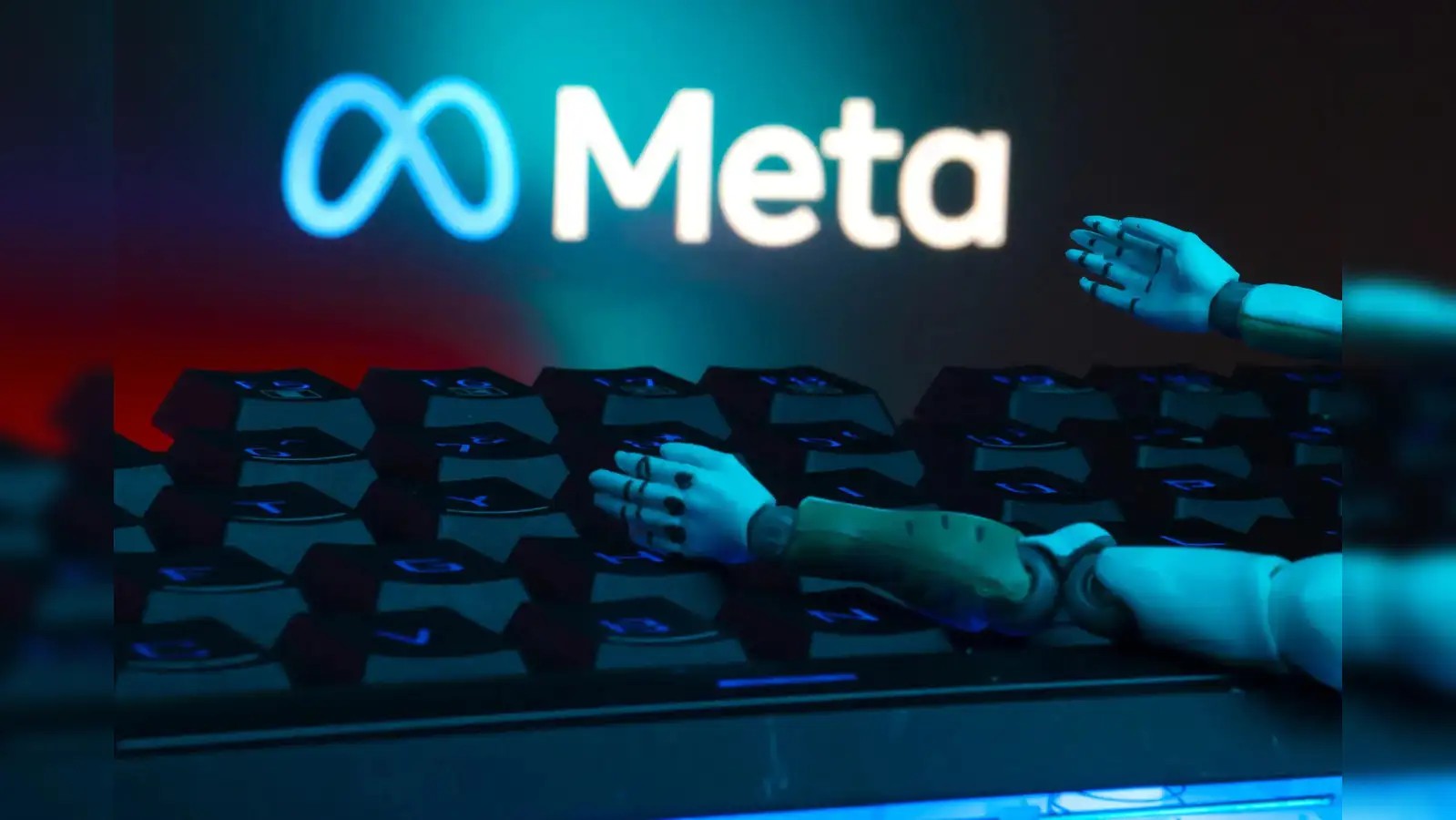Meta's $30B AI Expansion: 5 Key Insights (2025 Analysis)
Meta's $30B deal with Blue Owl for AI infrastructure marks a major tech financing milestone, emphasizing AI's role in future growth.

Meta and Blue Owl Seal $30 Billion Deal for AI Infrastructure Expansion
Meta Platforms Inc., the parent company of Facebook, Instagram, and WhatsApp, is finalizing a nearly $30 billion private capital financing package in partnership with Blue Owl Capital to underpin its aggressive expansion of artificial intelligence (AI) infrastructure, primarily through new data centers in rural U.S. locations. The deal, announced in mid-October 2025, marks one of the largest private financings in the technology sector this year and signals Meta’s deepening commitment to AI as a core driver of future growth.
Background
Meta’s pivot toward AI has been a strategic priority since its rebranding from Facebook in 2021. The company has consistently invested billions in AI research, development, and infrastructure, aiming to power next-generation social networking, augmented reality, and the metaverse. This latest financing, however, stands out for its scale and structure: rather than relying solely on internal capital or public markets, Meta is leveraging private investment—led by Blue Owl, a major player in alternative asset management—to fuel its ambitions.
The financing will support the construction and operation of new data centers, which are essential for training and deploying advanced AI models. These facilities, often located in rural areas with access to renewable energy and lower operating costs, are critical to Meta’s plan to reduce its carbon footprint while scaling compute capacity.
Key Features of the Deal
- Scale: The $30 billion package is among the largest private financings for a single company’s infrastructure project in recent memory, reflecting both the capital intensity of AI and Meta’s determination to lead the sector.
- Structure: The deal is structured as a private capital arrangement, with Blue Owl coordinating a consortium of institutional investors. This approach allows Meta to access large pools of capital without diluting public shareholders or increasing corporate debt.
- Purpose: Funds will be directed toward building, equipping, and maintaining data centers specifically optimized for AI workloads. These centers will house vast arrays of specialized processors (GPUs, TPUs) and support the development of Meta’s AI products, from large language models to computer vision systems.
- Location: Rural sites are being prioritized for their access to renewable energy sources (wind, solar) and lower land costs, aligning with Meta’s sustainability goals.
- Timeline: Construction is expected to begin in late 2025, with the first facilities coming online within 18–24 months.
Industry Impact
The scale of Meta’s investment underscores the intensifying global race for AI supremacy. Competitors like Google, Microsoft, and Amazon have also announced multi-billion-dollar data center expansions, but Meta’s partnership with Blue Owl represents a novel financing model that could set a precedent for other tech giants.
- Capital Markets: The deal highlights the growing role of private capital in funding large-scale technology infrastructure, as traditional public markets and corporate balance sheets face increasing scrutiny and volatility.
- AI Ecosystem: By significantly expanding its compute capacity, Meta aims to accelerate the development of generative AI, recommendation systems, and metaverse technologies, potentially widening its lead in social media and digital advertising.
- Regulatory Environment: The financing comes amid heightened regulatory scrutiny of Big Tech’s data practices and market power. Meta’s ability to secure such a large private investment could attract further attention from lawmakers and antitrust authorities.
Strategic Context and Implications
Meta’s decision to pursue a $30 billion private capital deal reflects several strategic realities:
- AI as Growth Engine: With user growth plateauing in its core social media businesses, Meta is betting heavily on AI to drive engagement, monetization, and new product categories.
- Sustainability Pressures: By locating data centers in rural areas with renewable energy, Meta is responding to investor and consumer demands for greener operations.
- Financial Flexibility: Private capital allows Meta to avoid the volatility of public markets and maintain tighter control over its infrastructure strategy.
- Competitive Dynamics: The financing arms Meta with the resources to compete not just with other tech giants, but also with well-funded AI startups and national initiatives in China and Europe.
Conclusion
Meta’s $30 billion private capital deal with Blue Owl represents a watershed moment in the financing of AI infrastructure. By securing unprecedented resources through alternative investment channels, Meta is positioning itself at the forefront of the AI arms race, while addressing sustainability and financial flexibility. The partnership not only accelerates Meta’s own AI ambitions but also signals a broader shift in how technology giants fund their most capital-intensive projects. As construction begins on these next-generation data centers, the industry will be watching closely—both for technological breakthroughs and for the evolving role of private capital in shaping the future of AI.



